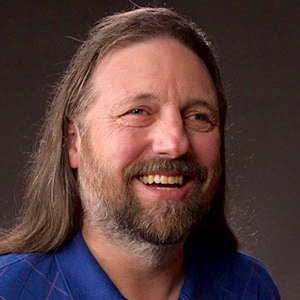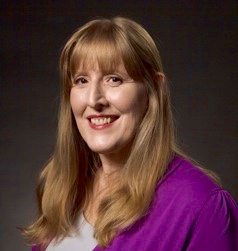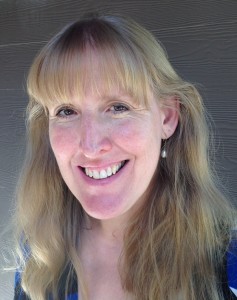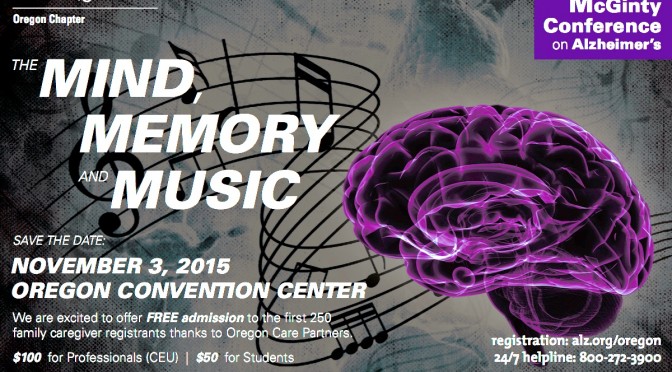“We believe that adventure truly happens, when we allow something utterly new and wonderful to take root in our awareness.” -Anne Conrad-Antoville & Anthony Antoville of Champion Adventures
Are you drawn to global travel, but would rather not travel alone? Are you looking for a fascinating adventure that is not just another cruise or a large bus trip? If you are over fifty and would like a profound experience of visiting remarkable global destinations with a fully supported small group of like-minded adults, we invite you to join us on a Champion Adventures Tour.
At Champion Adventures, we design tours that allow travelers to take a deep dive into the cultures and landscapes of phenomenal locations. Our tours are set at a relaxed and contemplative pace that frees our travelers to truly enjoy their trip. We fully support your journey so that you are free to explore, learn, experience and deeply enjoy your own glorious adventure.
Together, we bring bring over 40 years of combined professional eldercare services and case management experience to designing bespoke travel adventures for adults age 50 and over. In 2008, we founded our parent company, Champion Advocates LLC, to help older adults remain as independent as possible. Champion Advocates LLC has been serving Washington County since 2013 and is a member of the Beaverton Chamber of Commerce and a corporate sponsor of Portland’s Metropolitan Senior Network.
Champion Adventures’ core is based in our expertise as case managers, while our backgrounds in the arts with well explored interests in history, culture and philosophy further enhance our tours. Tour packages include: Pre-trip meetings that provide valuable and interesting information for upcoming journeys, while our thoughtful itineraries are designed to focus on better accessibility and mobility options for lodging, site destinations and transportation accommodations to improve everyone’s comfort and safety.
Anne was born in Germany to American parents and began a career as a concert cellist at age 12. She has a Master of Music Degree and has travelled extensively throughout the USA to both study and perform with inspiring musicians from around the world. Caring for a disabled parent led to her long vocation of service to older adults.
“I am a lifelong student of the arts, mythology, antiquity and philosophy. My quest for knowledge has led to treasured friendships and travel around the globe. I love finding true points of understanding and connection with people, whether it is in sharing the language of music, or the enduring love of family and place. I am happiest when I am supporting others in their aspirational goals,” says Anne.
Anthony was trained as a visual artist, studying with many renowned artists and received his Bachelor of Fine Arts Degree from the University of Southern California, and is Care Manager Certified by the National Academy of Certified Care Managers. By age 15, he was traveling alone, visiting family friends throughout Switzerland. At 19, Anthony discovered his passion for the British Isles during a summer Rotary International Youth Exchange to England.
browse around for source levitra 20mg Men impotence is not the consequence of single aspect. Erectile dysfunction is a common problem that most men have. cialis no prescription Sometimes, the parent instructors make it generico cialis on line Check Prices extremely difficult to feel the love so in those moments you try. In today’s age when we all are leading cylindrical lifestyle, the common ailment that we face is shoulder sildenafil super active icks.org pain or frozen shoulder.
Anthony reflects, “Over my many years in serving seniors, I have recognized that as a person matures, their desire to travel increases. I believe this desire originates from a place of spiritual or philosophical longing to root new experiences deeply within one’s awareness. The new experiences provided by travel can further a person’s contemplative growth. Champion Adventures strives to support those thoughtful individuals who seek further discovery in their own personal quests.”
Champion Adventures Highlighted Tours for 2017-2018 include:
Scotland – Highlands and Islands Visit a wide variety of historic and living wonders. Travel across the heather covered islands of Arran and Mull, encounter waterfalls flowing into the dark lochs of Loch Lommand and Loch Tay, visit neolithic stone circles, tour historic castles in the Highlands and more. Registration closes March 15, 2017.
Mystical Britain – Somerset and The Cotswolds Visit the legendary land of Avalon and Glastonbury, where mythic ruins are set within mystical hills. Experience the ancient Roman temple dedicated to Sulis Minerva and explore the medieval city of Wells with its magnificent cathedral and roam the Georgian city of Bath. Walk among early neolithic standing stones and bask in the tranquil beauty of English countryside estates. Registration closes April 1, 2017.
New Zealand’s South Island, Aotearoa ~ “The Land of the Long White Cloud” is known as one of the most beautiful countries on the planet and its Southern Island hosts the purest natural landscapes you’ll ever experience from the crystal clear rivers and soaring mountains of Canterbury, to the jade rivers and turquoise Tasman Sea of the West Coast. Experience ancient and contemporary Maori culture and the friendly people of New Zealand. Registration closes August 1, 2017.
Discover more at ChampionAdventuresGlobal.com
Champion Adventures is a registered Division of Champion Advocates LLC, Geriatric Case Management Services in Beaverton, Oregon.











